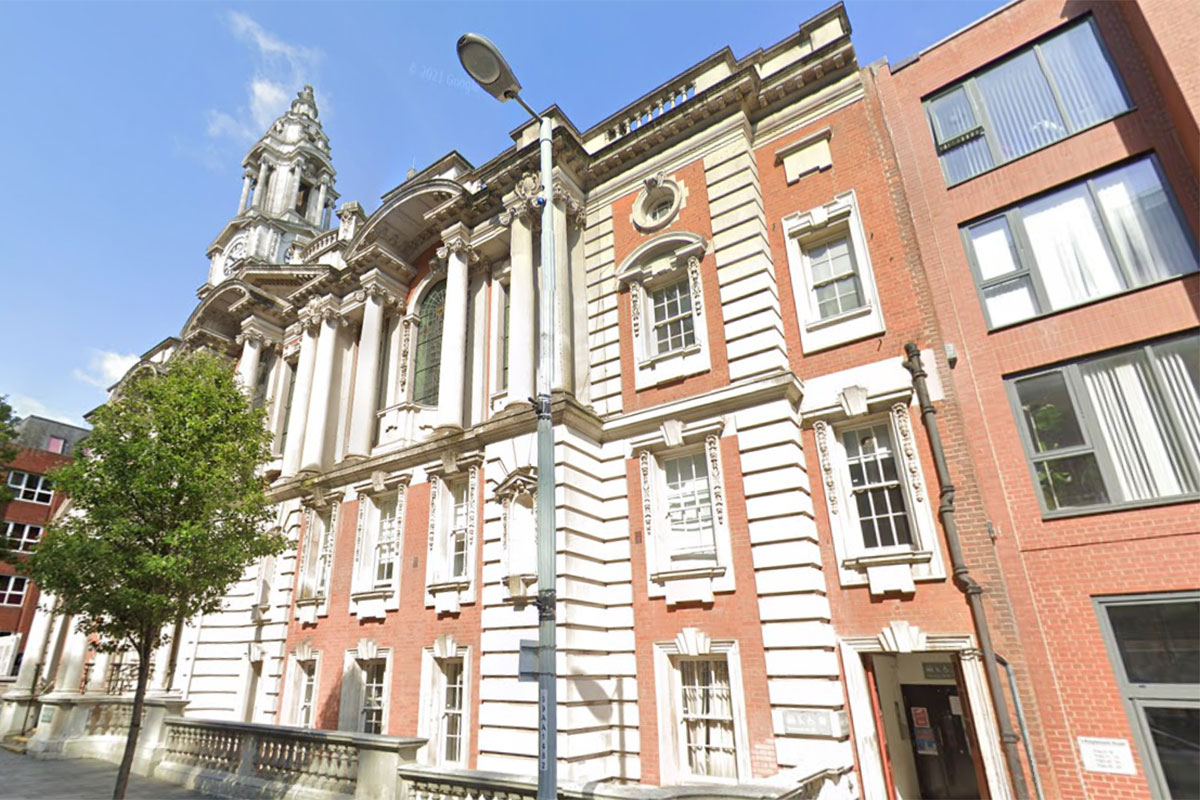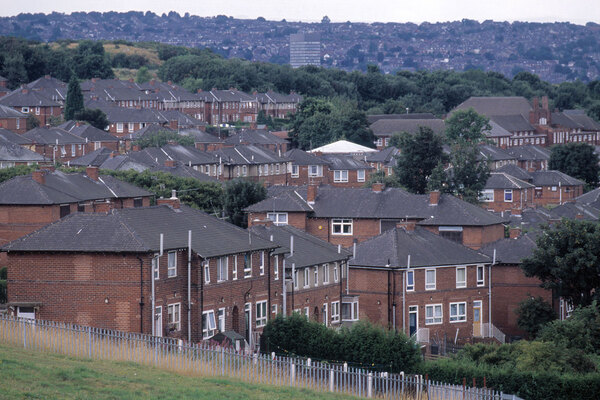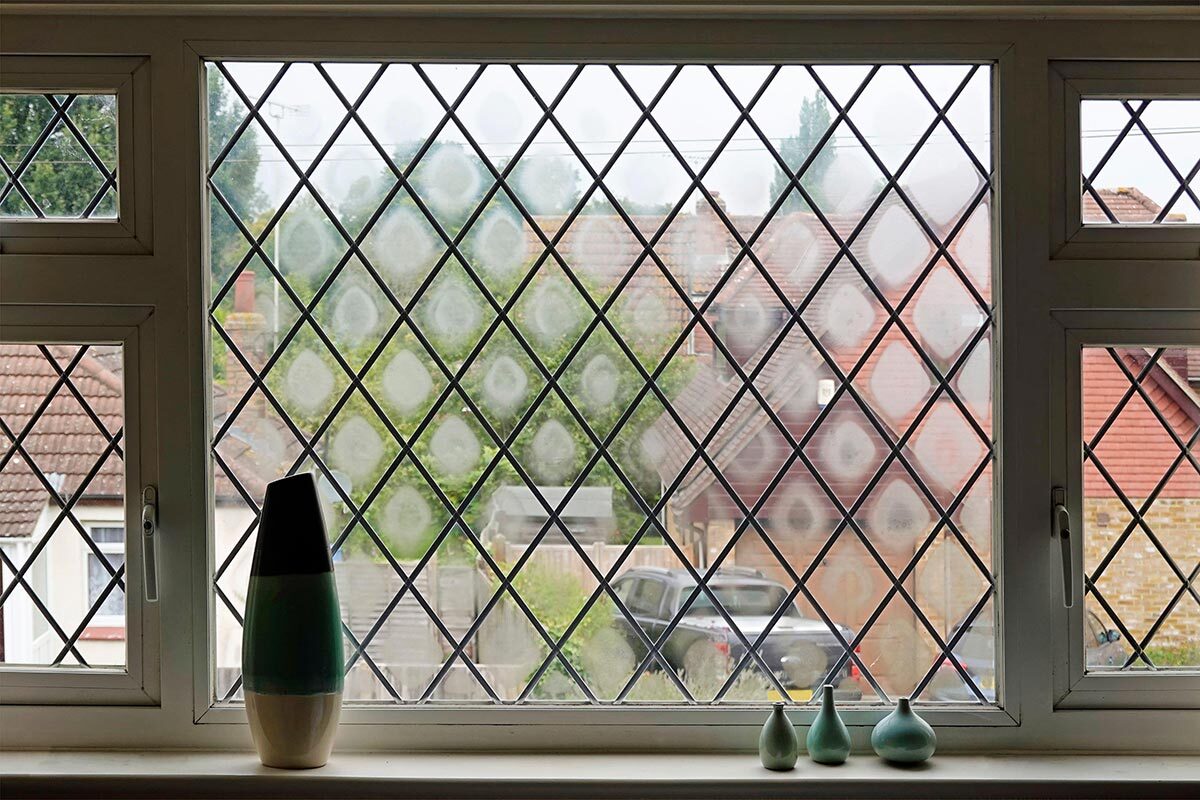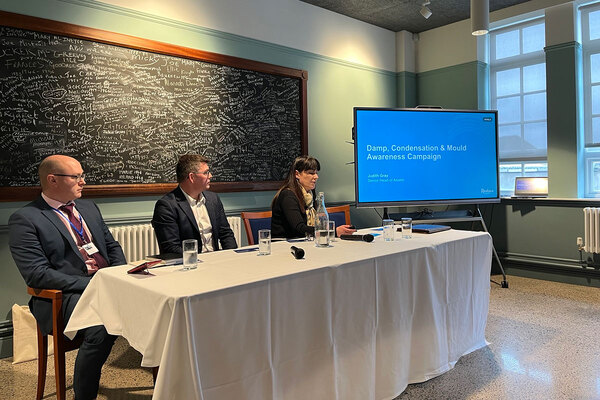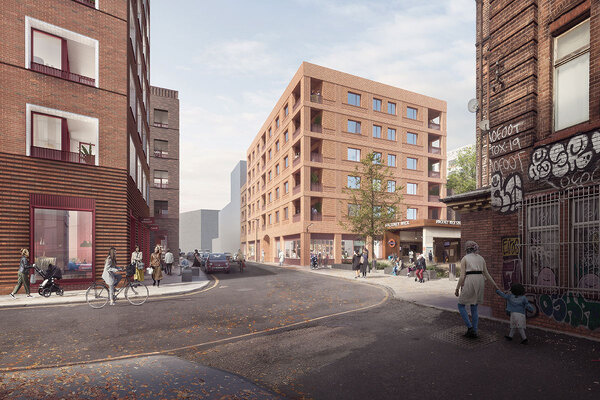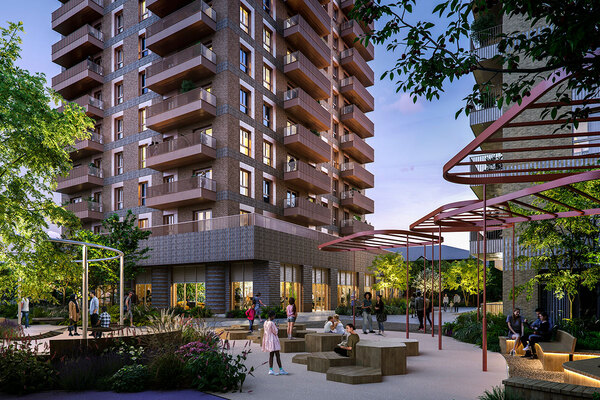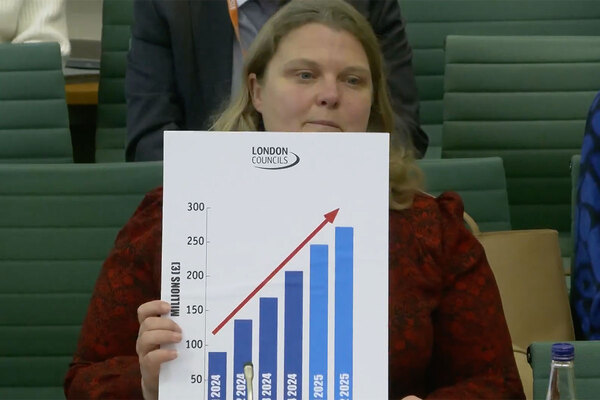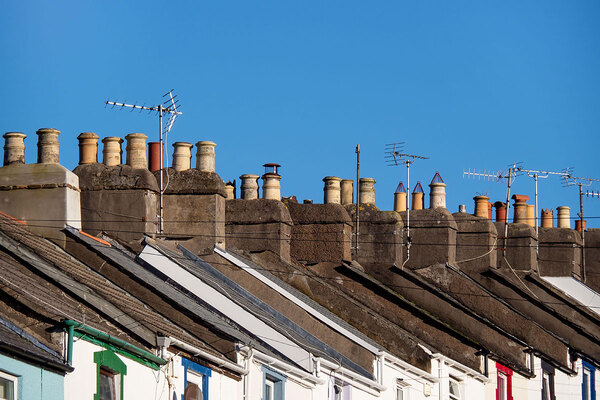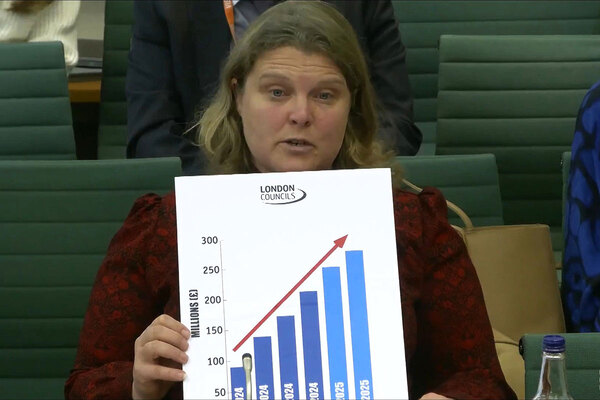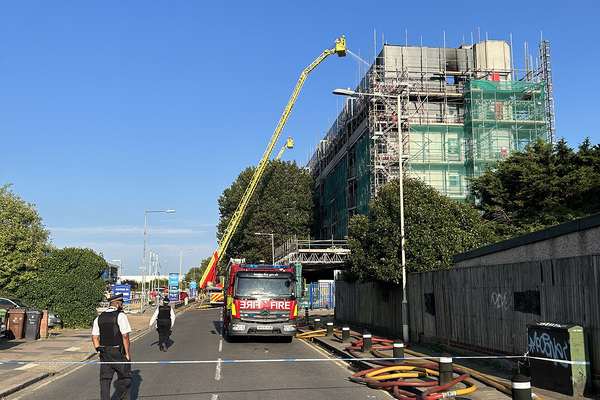London council sees disrepair claims increase by over 350% in five years
The number of legal disrepair claims brought against a London council increased by more than 350% between 2018-19 and 2023-24.
According to a newly published council report, Greenwich Council had 408 cases in 2023-24. An Inside Housing investigation in 2022 found the council had 90 cases in 2018-19.
The investigation revealed that councils across England were facing an exponential rise in disrepair claims, as well as soaring related costs.
The report, which goes before the council’s corporate finance and performance scrutiny panel this evening, outlines the performance of the local authority’s legal services over the past year.
It said a “significant volume” of work for the team relates to dealing with housing disrepair proceedings brought against the council.
“Housing disrepair claims have continued to increase over the last seven years. In 2023-24, the team dealt with 408 disrepair claims.
“This is a significant increase on previous years due to a range of factors,” the report states.
Factors outlined include a backlog of repairs because of the COVID-19 pandemic, staffing shortages, the Homes (Fitness for Human Habitation) Act 2018, a heightened awareness of potential claims among residents due to increased media coverage, and a focus on public health issues around damp and mould.
“The spike in claims experienced by Royal Borough of Greenwich is however representative of national trends which are driven by a range of factors which contribute to the increase in workload for legal services,” the report said.
Other factors highlighted in the report include legal aid cuts driving claims from ‘no win, no fee’ firms; the wide use of social media by law firms to attract potential claimants; an increased number of housing complaints and referrals to the housing, and local government and social care ombudsmen; and a lack of in-house capacity to deal with the volume of work and repairs.
According to the report: “The volume of work is such that there has been insufficient resource within the team to effectively manage the caseload.
“Whilst homes and communities have funded two additional fixed-term lawyers, a national shortage of housing lawyers with the required skill set has necessitated the need to outsource pre-litigation matters on a temporary basis.
“Fixed fee arrangements have been negotiated in relation to this work to ensure that the costs of outsourcing are mitigated as far as is possible.”
The council declined to comment.
Sign up for our regulation and legal newsletter
Already have an account? Click here to manage your newsletters
